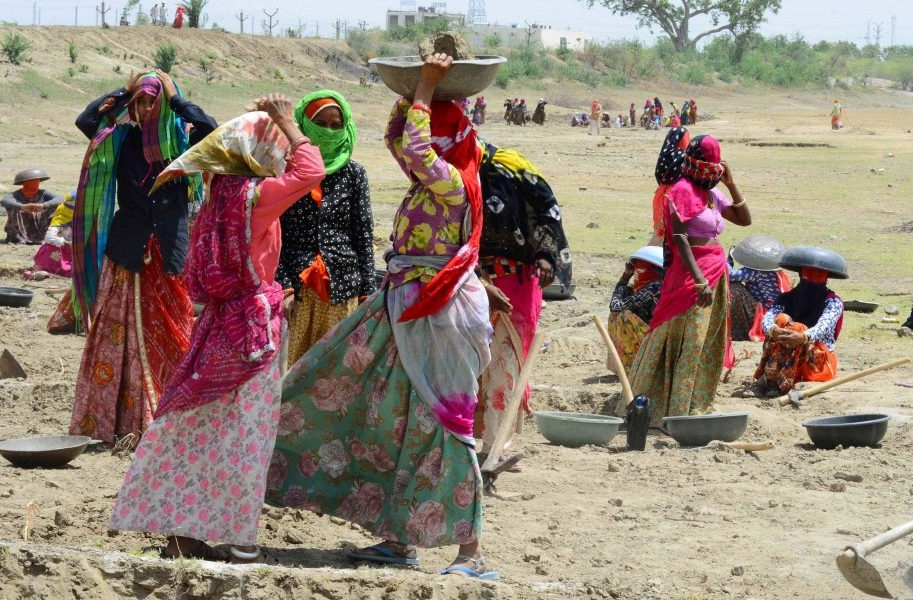In a significant development, the Indian government has announced that Aadhaar-based payment will soon be made compulsory for workers registered under the Mahatma Gandhi National Rural Employment Guarantee Scheme (MGNREGS). By August 31, 2023, all MGNREGS workers will be required to link their Aadhaar details to their wage payments, marking a substantial stride towards digital financial inclusion.
The Ministry of Rural Development has emphasized the need for efficient and transparent disbursal of payments to MGNREGS beneficiaries. To achieve this, the integration of Aadhaar authentication with wage payments aims to curb leakages and ensure that deserving individuals receive their entitled dues promptly. This move aligns with the government’s vision of utilizing technology to streamline welfare programs and eradicate corruption from the system.
Streamlining Payments through Aadhaar
The implementation of Aadhaar-based payment for MGNREGS laborers is poised to revolutionize the payment process. With Aadhaar verification, the workers’ identities can be accurately authenticated, reducing the chances of fraudulent activities. This step not only safeguards the rights of the workers but also contributes to an efficient disbursement mechanism.
The government’s decision to enforce this measure by August 31, 2023, underscores their commitment to accelerating the adoption of digital governance solutions. This move is expected to empower rural workers by providing them with a secure and accessible platform to access their wages. Moreover, the simplified transaction process will help in bringing workers into the formal financial fold, thereby fostering financial inclusion.
Impact and Preparedness
As the deadline approaches, both government authorities and MGNREGS workers are gearing up to ensure a smooth transition to the Aadhaar-based payment system. Awareness campaigns and workshops are being organized at the grassroots level to educate workers about the process of linking their Aadhaar details with their accounts. This initiative seeks to address any confusion and promote a seamless shift to the new payment mechanism.
However, it’s worth noting that while this move promises numerous benefits, certain challenges might arise. The digital divide prevalent in rural areas could pose hurdles for workers unfamiliar with technology. Adequate measures must be taken to provide necessary support to such individuals, ensuring that no one is left behind in this transformative process.
Conclusion
In conclusion, the mandatory implementation of Aadhaar-based payment for MGNREGS workers by August 31, 2023, is a landmark step towards enhancing transparency, efficiency, and financial inclusion in rural welfare programs. By embracing technology, the government is paving the way for a more accountable system that directly benefits the grassroots workforce. As the deadline approaches, the collaborative efforts of authorities and workers will play a pivotal role in realizing the full potential of this transition.























